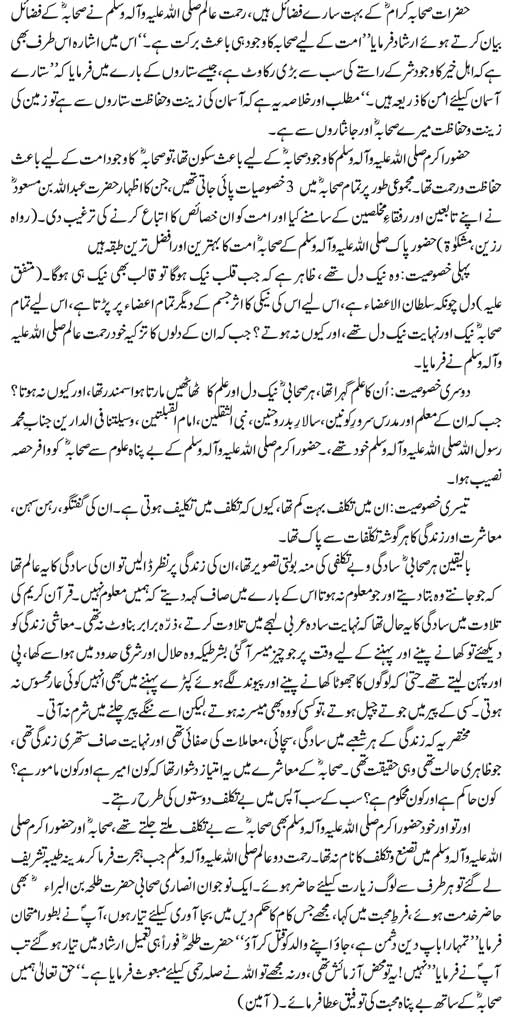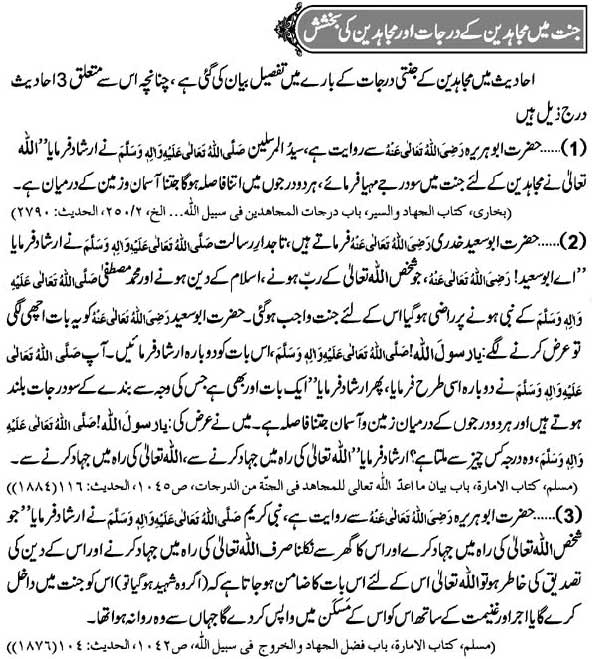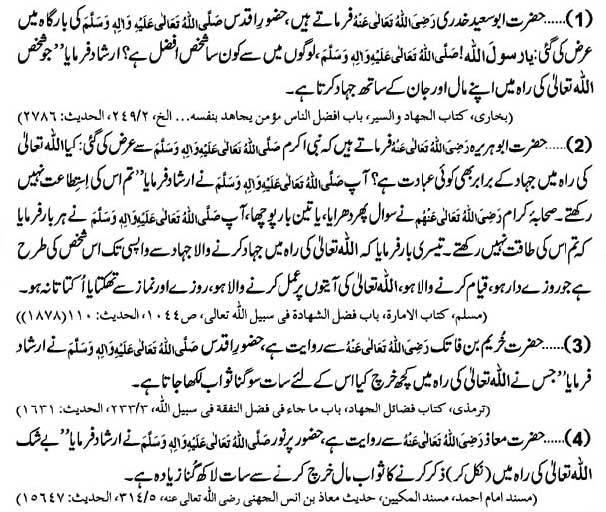The Holy Qur’an is full of insights for those who would like to get a true and comprehensive vision of this life and the Hereafter. The Qur’an offers clues to all the mysteries and ambiguities that human life abounds with. The story of Maryam (Mary) in the Holy Qur’an is told at more than one place. In this article, I would like to shed some light on some of the aspects of this story.
When Maryam was young, Prophet Zakariyya (Zachariah), peace be upon him, found that she had with her the fruits typical of summer in winter and the opposite. When asked about that, she answered, “Every time he entered Al-Mihrab to (visit) her, he found her supplied with sustenance. He said: “O Maryam (Mary)! From where have you got this?” She said, “This is from Allah.” Verily, Allah provides sustenance to whom He wills, without limit.” (Qur’an, 3:37).
In a different context in surah Maryam, Allah says when Mariam is about to deliver her babe Isa (Jesus), “And shake the trunk of date-palm towards you, it will let fall fresh ripe-dates upon you.” “So eat and drink and be glad. And if you see any human being, say: “Verily! I have vowed a fast unto the Most Gracious (Allah) so I shall not speak to any human being this day.'” (Qur’an, 19:25-26)
The question that can be raised here is that when Maryam was young and free of motherly responsibilities, Allah gave her things (fruit) without her exerting any effort. Whereas when she is frail and in throes of childbirth, He orders her to shake the trunk of the date-palm toward her, that it will let fall fresh ripe-dates upon her.
The mystery can be resolved because Allah wants Maryam to depend on herself from now on as she will face the wrath of her people while carrying her own new-born baby, although she is not married. She has to face their shock and consternation depending on nobody but Allah, “Then she brought him (the baby) to her people, carrying him. They said: “O Mary! Indeed you have brought a thing Fariyy (a mighty thing). [Tafsir At-Tabari]” “O sister (i.e. the like) of Harun (Aaron)! Your father was not a man who used to commit adultery, nor your mother was an unchaste woman.” (Qur’an, 19:27-28)
Allah, praise be to Him, supported her with another miracle when the baby, Jesus Christ, peace be upon him, talks to the people, “He Isa (Jesus) said: “Verily I am a slave of Allah, He has given me the Scripture and made me a Prophet,” “And dutiful to my mother, and made me not arrogant, unblest.” (Qur’an, 19:30-32)
At the end, I believe that one of the moral lessons that we can deduce from the story of Maryam is that as long as Allah is supporting you, never have fear of anybody. In other words, “He who fears God need not fear the world.”




